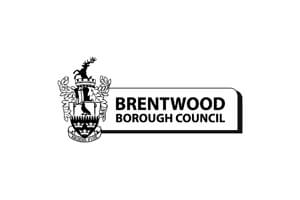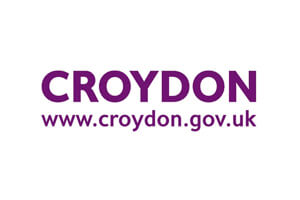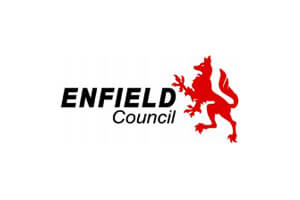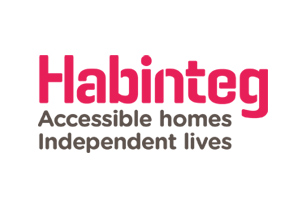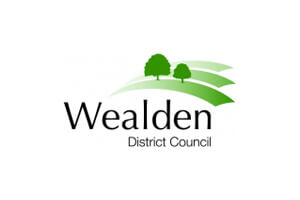Are estate management services the poor relation when it comes to procurement?
It is said that first impressions count but all too often estate management services aren’t prioritised by housing providers. Echelon Consultancy Managing Director Aaron John asks why the procurement of such services frequently takes a back seat.

The first thing you notice when visiting a neighbourhood is the wider landscape and communal areas but the estate management services responsible for keeping them clean and tidy tend to be given less focus than meatier services such as planned maintenance, responsive repairs and voids.
The historical way in which such services are procured, driven largely by Government agendas such as the Decent Homes programme, is at the crux of the problem. While planned maintenance, repairs etc tend to be combined as frontline, high value, integrated asset management services, estate management tends to be delivered by a plethora of smaller companies under low value, small contracts which sit near the bottom of the contract register.
Before procuring a kitchen replacement programme for Decent Homes, for example, housing providers will look at the spec and ask themselves a range of questions – “Does this currently work?” “Is it right?” “Does it meet our tenants’ needs?” Is it easy to maintain thereafter? But they don’t necessarily ask comparable questions when procuring for cleaning and ground maintenance. They just say: “We need someone to go and clean it”.
They should use the same methodology for estate management as for a kitchen replacement programme but there isn’t the same thought process. The cleaning spec is usually to just go in and clean the block, it doesn’t say things like “we would like you to use where practically possible a suitable chemical” or “we’d like you to be proactive in wiping scuff marks off the stairwells as part of your cleaning function because aesthetically it will make it feel like a nice place.”
The thought process behind what the requirements are, the level of detail in the specification as to what the client requires, the engagement of residents in helping to define what the requirements are and what they want delivered is all missing when it comes to procuring estate services.
Also, once estate services are procured the level of contract management often isn’t as robust. While maintenance services are delivered and managed under defined, construction-based contracts such as JCT or TPC, the contracts used to manage communal cleaning and grounds maintenance are often bespoke contracts or bastardised construction contracts.
There needs to be a step change, so that more time, effort and focus is spent on procuring estate management services rather than them being treated as an afterthought.
It doesn’t matter how heavily you invest in your homes if little thought is given to the wider environment in which they sit. Poorly maintained grassed areas/flower beds etc and dirty communal areas can affect the perception of a neighbourhood, giving the impression that the properties within it are uncared for.
The grass being cut, litter being collected, and communal areas being cleaned, in my view, is as important as the windows being able to shut and the taps not dripping. Every property on that estate may have a high-quality kitchen and bathroom and a top of the range heating system but if the grounds aren’t maintained and communal spaces are dirty, your first impression will be negative.
I think there is a challenge to the market to look at how estate management services are procured and to ask whether they are the poor relation of the other contracts that housing associations and local authorities procure. Why are they? And should they be?
Read next: Contract price adjustment – what can we do in the current market?










